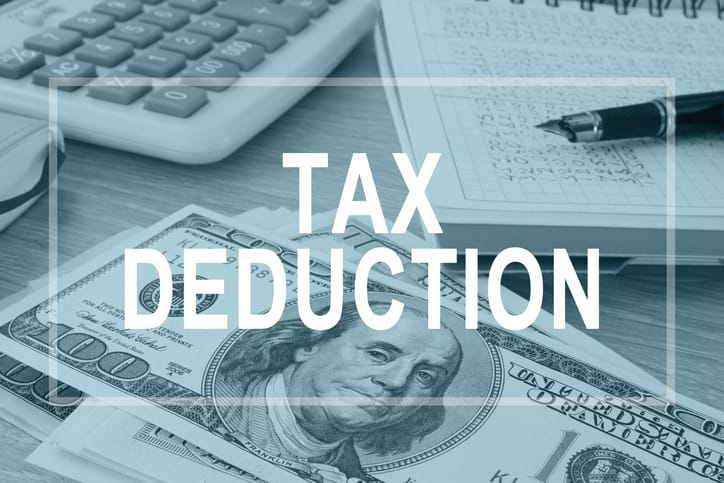
Tom Wheelwright, CPA, is more than a tax expert. He’s a leading voice in financial education for entrepreneurs. As an accomplished CPA, he has established a reputation for helping business owners build serious wealth while legally minimizing their taxes.
For entrepreneurs, tax deductions are not just about saving a few dollars. They are part of a much bigger strategy to reinvest, grow, and build long-term financial freedom. Understanding what the tax code allows and using it confidently separates financially successful entrepreneurs from those stuck in a cycle of overpaying and under leveraging.
Why the Right Tax Mindset Matters
Tom teaches that the tax code should be seen as a guide rather than a punishment. He points out that over 90% of the tax code comprises provisions designed to incentivize certain behaviors, like starting a business, investing in real estate, or creating jobs. Those who understand this begin to see taxes not as a burden but as a tool for building wealth.
Entrepreneurs often miss out on significant savings because they fear doing something wrong or don’t know what’s available. But for Tom, the real risk lies in doing nothing. He argues that those who learn how the system works are the ones who ultimately win because they’re playing the game by the rules‒just better than most.
Essential Deductions Every Business Owner Should Know
One of the most overlooked deductions is the home office. If part of your home is used regularly and exclusively for business, you may qualify to deduct expenses related to that space. That includes a percentage of rent, utilities, and even repairs.
Another key area is business vehicle use. Entrepreneurs can deduct the standard mileage rate or actual expenses, although accurate record-keeping is essential.
Depreciation offers one of the most effective ways to offset income, especially regarding equipment and real estate. With bonus depreciation and Section 179 rules, businesses can write off significant investments more quickly, improving cash flow and reducing tax bills significantly.
Business travel and meals are also valid deductions for your trade or business if they’re ordinary and necessary. Meals with clients, conferences, and site visits may qualify.
Then there are retirement contributions and healthcare-related deductions. Solo 401(k)s, SEP IRAs, and HSAs allow entrepreneurs to lower taxable income while simultaneously building long-term wealth.
Hiring family members, when done correctly, is another helpful strategy. It allows income to be shifted within the family, potentially into lower tax brackets, while creating write-off opportunities for the business.
Avoiding Common Traps That Invite IRS Attention
Tom stresses the importance of treating your business like a real business. That means keeping clean books, saving receipts, and separating personal and business finances.
A common mistake many entrepreneurs make is claiming deductions without being ready to prove them. Working with a professional who understands entrepreneurial tax law‒not just compliance for W-2 earners‒is critical.
Why You Can’t Afford to Overlook This
Tax strategy isn’t just about saving money. It’s also about building freedom. Entrepreneurs who understand and use key deductions are positioned to reinvest in their businesses, grow faster, and accumulate wealth more efficiently.
To be sure, entrepreneurs who follow this lead aren’t gaming the system. They’re using it exactly as it was written‒to reward those who build, invest, and contribute. That’s the strategy Tom Wheelwright stands behind, and it’s one every serious business owner should adopt.


